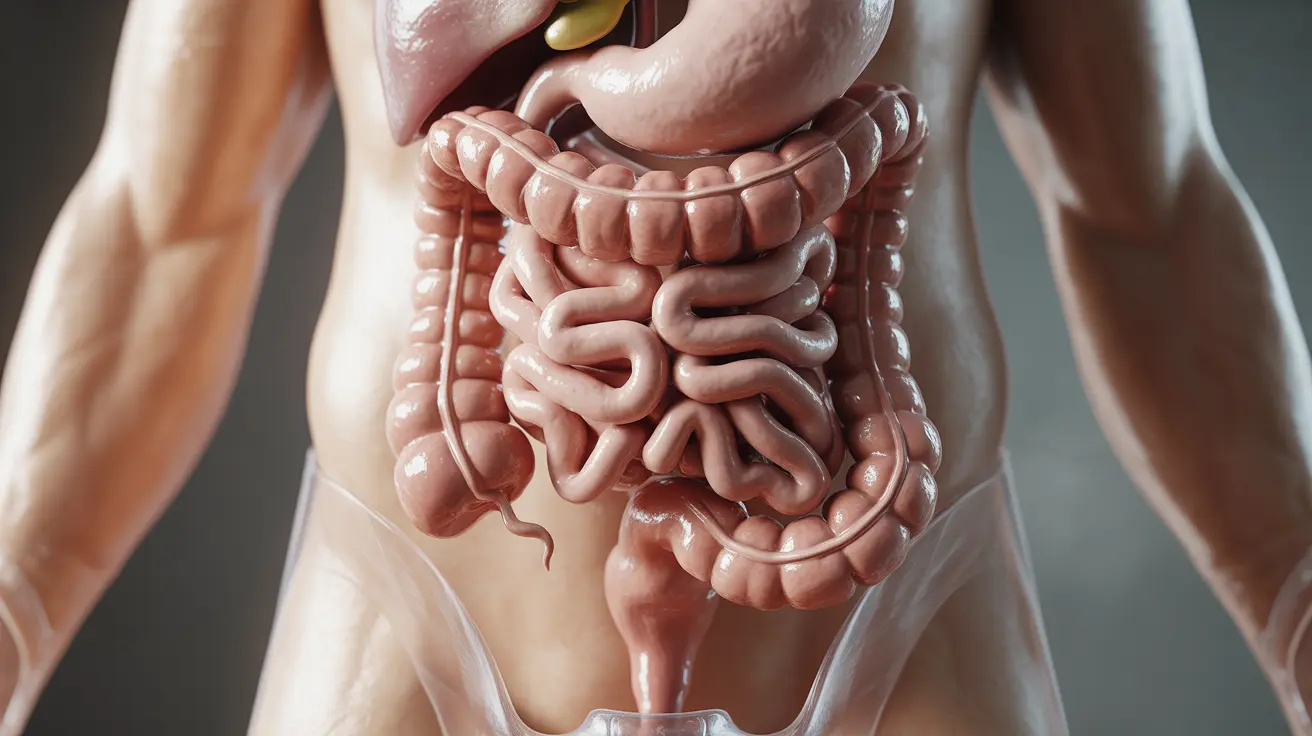The relationship between hydration and sleep quality is more significant than many people realize. While most of us understand that drinking enough water is essential for overall health, fewer are aware of how dehydration can seriously impact our ability to get restful sleep. Understanding this connection is crucial for anyone struggling with sleep issues or trying to improve their sleep quality.
Recent research has shown that even mild dehydration can interfere with various bodily processes that regulate sleep, potentially leading to insomnia and other sleep disturbances. This article explores the complex relationship between hydration levels and sleep quality, offering practical insights for better rest.
How Dehydration Affects Your Sleep
Dehydration can impact your sleep through multiple mechanisms. When your body lacks adequate hydration, it affects everything from hormone production to blood volume, which can directly influence your sleep quality and ability to fall asleep.
Hormonal Disruption
Dehydration can interfere with your body's production of melatonin, the hormone responsible for regulating your sleep-wake cycle. When you're dehydrated, your body may produce less melatonin, making it harder to maintain a consistent sleep schedule and fall asleep naturally.
Blood Flow Changes
Proper hydration is essential for maintaining adequate blood volume and circulation. When you're dehydrated, reduced blood flow can affect your body's temperature regulation and oxygen delivery to tissues, both of which are crucial for quality sleep.
Common Dehydration Symptoms That Disturb Sleep
Physical Discomfort
Dehydration often manifests through various physical symptoms that can make falling asleep difficult:
- Dry mouth and throat
- Headaches
- Muscle cramps
- Joint pain
- General discomfort
Mental Effects
The cognitive impacts of dehydration can also interfere with sleep:
- Increased anxiety
- Difficulty concentrating
- Irritability
- Mental fatigue
Prevention and Management Strategies
Proper Hydration Timing
To prevent dehydration from affecting your sleep, consider these hydration strategies:
- Drink water consistently throughout the day
- Front-load hydration in the morning and early afternoon
- Reduce fluid intake 2-3 hours before bedtime to prevent nighttime bathroom trips
- Monitor urine color as an indicator of hydration status
Dietary Considerations
Support proper hydration through your diet:
- Consume water-rich foods like cucumbers, watermelon, and citrus fruits
- Limit caffeine and alcohol, which can contribute to dehydration
- Include electrolyte-rich foods in your diet
Frequently Asked Questions
Can dehydration cause insomnia or disrupt sleep quality? Yes, dehydration can cause insomnia and sleep disruption by affecting hormone production, particularly melatonin, and causing physical discomfort that makes it difficult to fall or stay asleep.
What symptoms of dehydration most commonly interfere with falling or staying asleep? The most common sleep-disrupting symptoms include headaches, muscle cramps, dry mouth, general discomfort, and increased anxiety levels. These physical and mental symptoms can make it challenging to achieve restful sleep.
How does dehydration affect hormones like melatonin and impact the sleep-wake cycle? Dehydration can interfere with melatonin production and release, disrupting your natural circadian rhythm. It can also affect other hormones that regulate stress and anxiety, further impacting sleep quality.
What are effective ways to stay hydrated to help prevent sleep disturbances linked to dehydration? Maintain consistent water intake throughout the day, consume hydrating foods, limit dehydrating substances like caffeine and alcohol, and establish a hydration schedule that reduces intake before bedtime.
Can dehydration-related muscle cramps or headaches cause nighttime awakenings or poor sleep? Yes, dehydration-induced muscle cramps and headaches are common causes of sleep disruption and nighttime awakenings. These physical symptoms can make it difficult to maintain continuous, quality sleep throughout the night.




